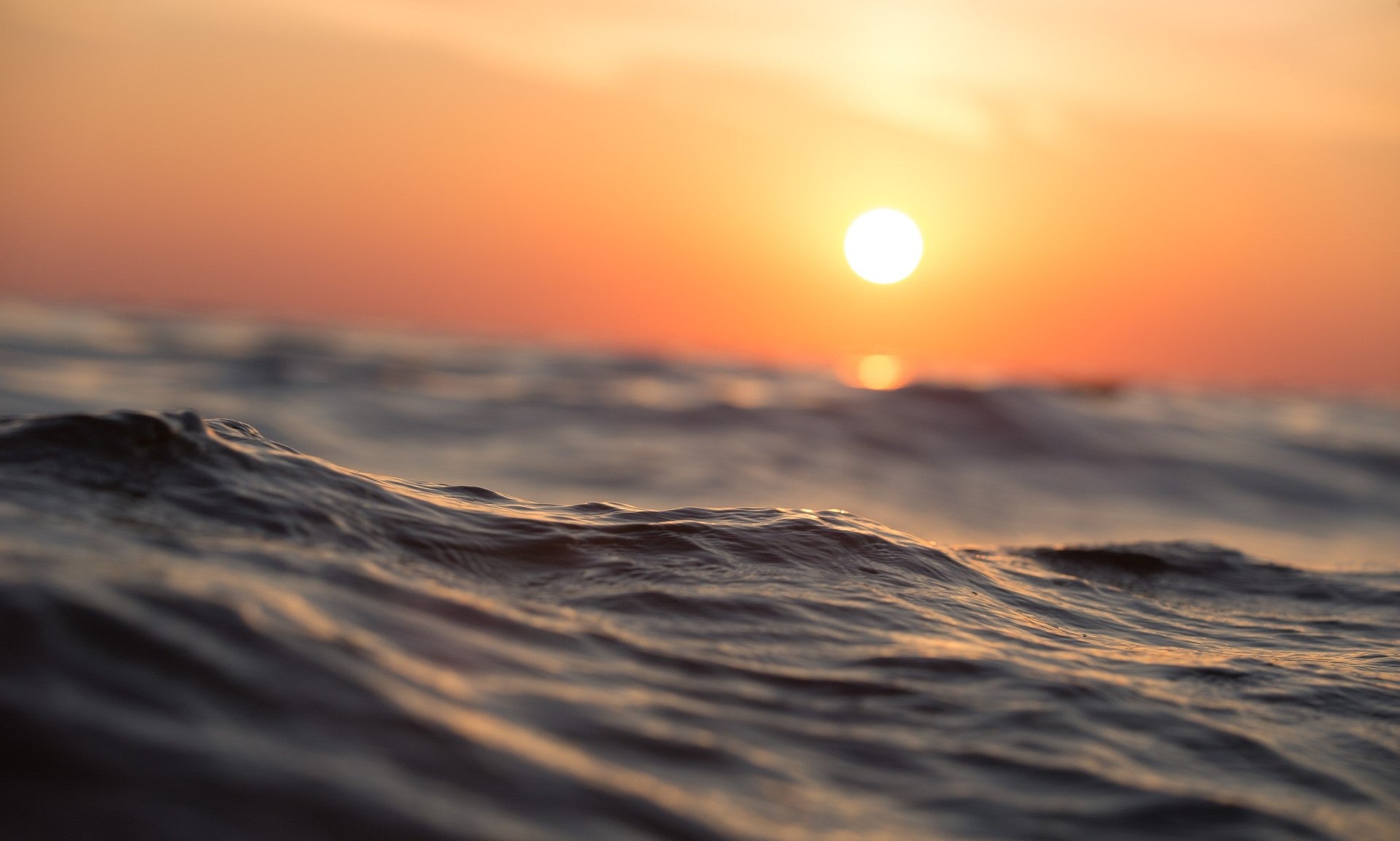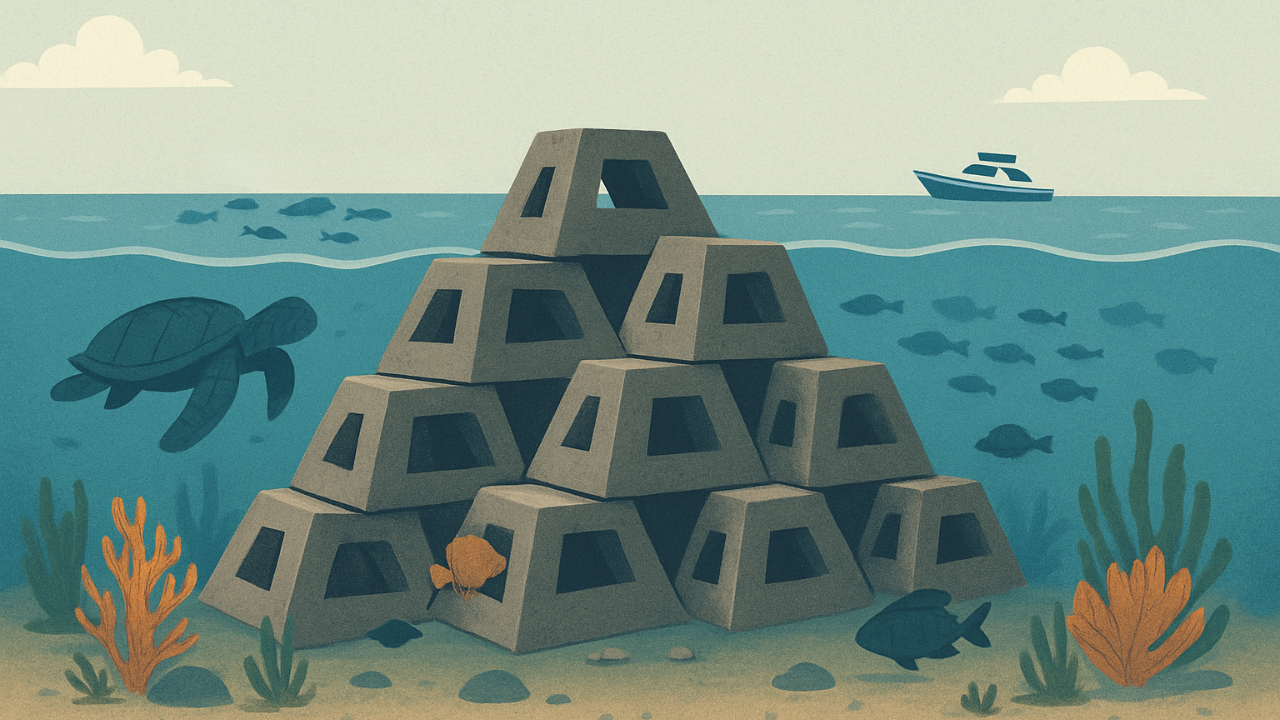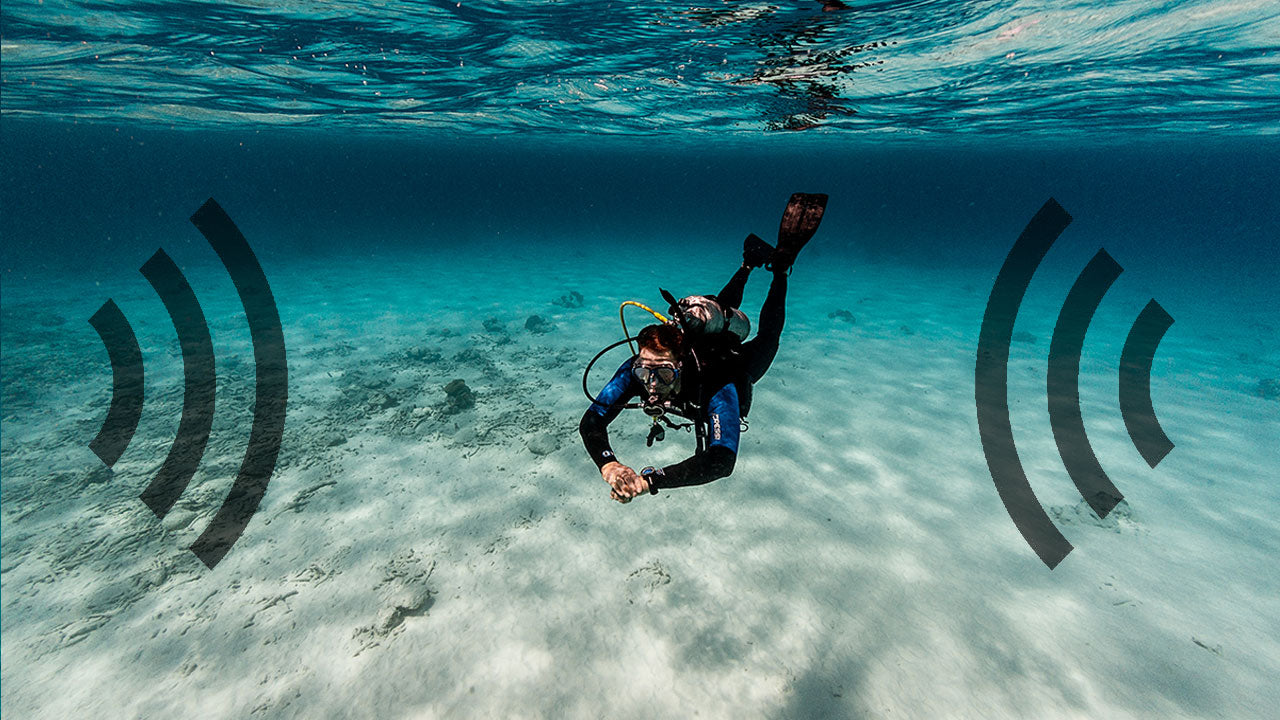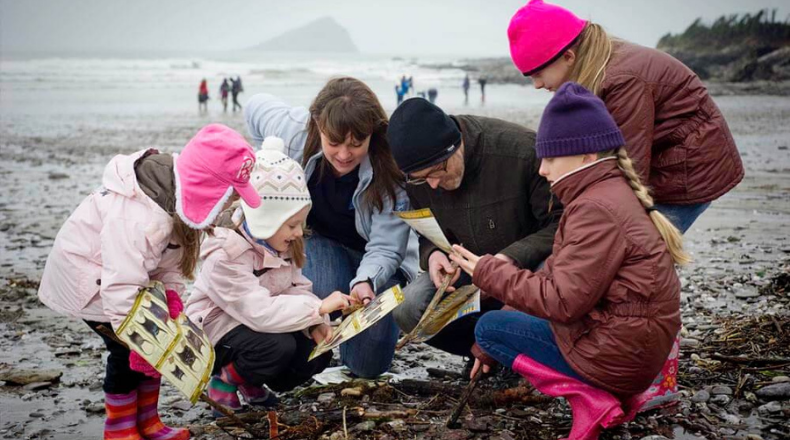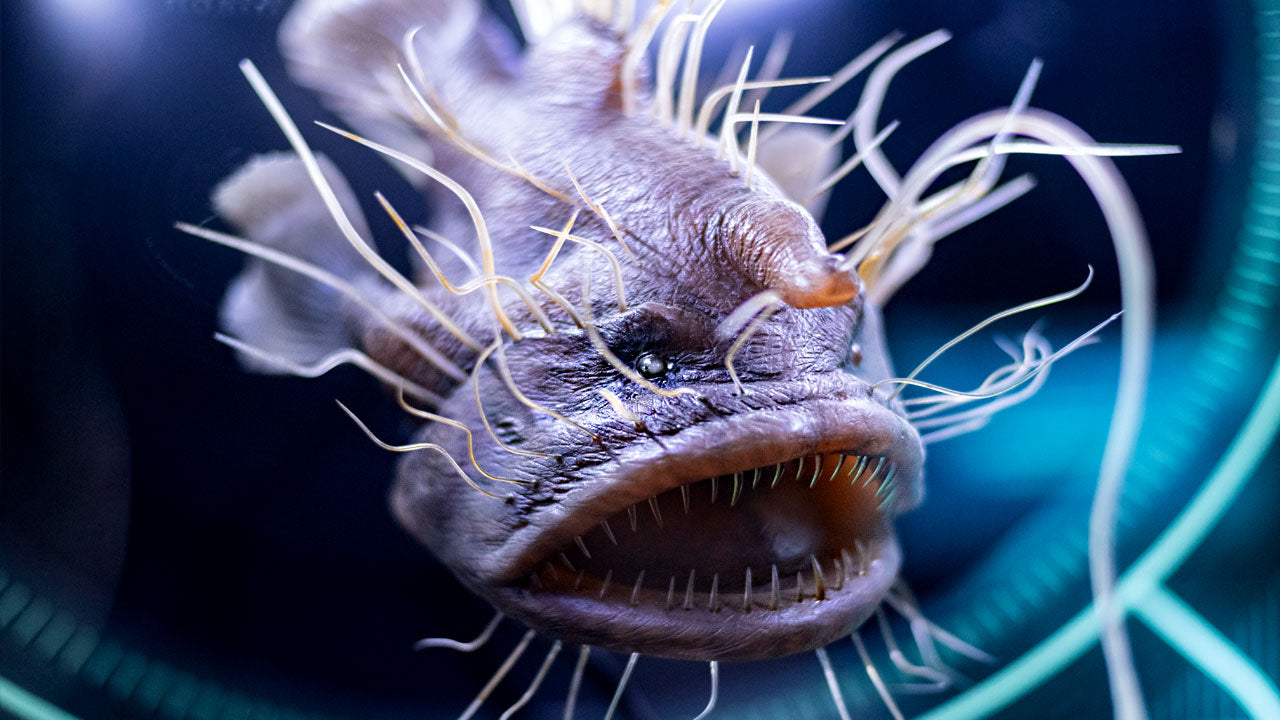How Ocean Pollution Affects Humans and What We Can Do About It

Those of us who do not live right near the ocean, perceive the water pollution issue as something far distant. We often hear such numbers as 8 million tons of plastic being thrown into the ocean every year or 51 trillion of microplastic particles residing in the World Ocean, or that 80% of all garbage in the water is made of plastic. However, for some reason, we are not touched by these figures and remain passive. Apparently, for most people, it is not quite clear what the key issue is and how it directly affects each one of us. This lack of clarity gives much room for maneuver to the entities that benefit from abusing nature and polluting the environment. If this tendency of marine pollution persists, by 2050 there will be more litter than fish in our oceans.
Where Does Pollution Come From?
There is a constant circulation of water on the Earth. At some point, all underground water finds its way into the World Ocean. Mistreated sewage, pesticides, and other chemicals used in agriculture all get into the groundwaters - polluting our drinking water on its way - then into lakes, rivers, seas, and finally the oceans. This mechanism of marine contamination is called nonpoint source pollution, as it is difficult to specify where exactly the pollutants are coming from. This is deemed to be one of the biggest causes of pollution. Another way of poisoning the water is called point source pollution, which means that there is a single known source, like an oil spill or effluent being discharged directly into the waterbody.
As for the plastic, two-thirds of it is getting into the water from the land: garbage being left on the beach, industry spills, litter being dropped in the cities and then washed down by rivers or being blown into the seas by the wind. The remaining third of plastic in the oceans is coming from lost fishing gear or the garbage going overboard.
How Does Marine Pollution Impact Humans?
Oil and oil-based products, sewage, chemicals, heavy metals, radioactive waste, mercury, and plastic are the main sources of pollution in the world's oceans. All of these types of pollution, to some extent, affect the ecosystem of the planet, including humans. The exposure of the ocean to plastic creates serious consequences for the end-users of the seafood. Even though plastic takes around 300-400 years to degrade completely, it breaks down into small pieces known as microplastic very fast. These tiny particles can be easily mistaken for food by marine dwellers. Moreover, various toxins, chemicals, and heavy metals tend to gravitate towards the surface of these particles and cling to them. Therefore, toxins may accumulate in the tissues of commercial fish, making them not suitable for eating. Although there is no research on how it affects humans directly, there is enough evidence of severe impairment on lab animals caused by ingesting microplastic and toxins coming in a bundle with it. Some of these toxins provoke serious hormone system disruption, others can corrupt brain development in children and fetuses. While scientists are still searching for ways to study the impacts of microplastic on humans, every third fish caught for consumption has microplastic in it.
For those of us who do not eat seafood, there are other threats of marine pollution that we should be cautious about. It should go without saying that our world’s ocean is the biggest source of drinking water, as it contains 97% of Earth’s water supply. This same microplastic mentioned above breaks down into ever smaller pieces called nano plastic, which is so small that it can pass through waste filtration systems. Hence, it is getting back into our drinking water without any substantial obstacles on the way.
On top of that, oceans produce 70% of the oxygen we breathe and absorb 30% of the CO2 emissions we generate. Therefore, the disruption of natural ecosystems through pollution may lead to changes in climate and augment the speed of global warming.
What Can We Do to Help?
The principle “think globally and act locally” is the best one when it comes to such major issues as ocean pollution. We cannot change everything, but there are still quite a few things each of us can do to contribute to the positive change that will be beneficial for our future generations.
1. Reduce your use of single-use plastic. You can do so by refusing the things you do not need or opting for reusable versions of those products (e.g. reusable grocery bags, produce bags, bottles, utensils, coffee cups, etc.). You can also let your local businesses know that you would like them to offer plastic-free alternatives.
2. Reduce vehicle pollution. Use public transportation, bicycle, e-scooters, and carpooling to reduce environmental pollution from car emissions.
3. Recycle properly. Recycling helps keep plastics out of the ocean and reduces the amount of “new” plastic in circulation. If you need help finding a place to recycle plastic waste near you, check out Earth911 recycling directory.
4. Use environment-friendly cosmetics, home care products, and other household chemicals. Additionally, make sure to dispose of all chemicals properly so that they don’t flow into the sea.
5. Spread the word. Be active, and support local and global initiatives that fight for the safety of our oceans.
6. Eat sustainable seafood. Choose seafood that is healthy for you and the oceans from well-managed, wild fisheries. If you need help making sustainable choices when you buy or order seafood, check out these guides from Seafood Watch.
7. Explore responsibly. While on the beach, make sure you do not leave any trash behind, and if you are a diver or snorkeler, be mindful of the marine life around you.
8. Support organizations that help to fight ocean pollution. Many non-profit organizations are working to reduce and eliminate ocean pollution as well as protect marine wildlife in a variety of different ways. You can contribute to marine conservation by joining one of these groups, volunteering, or donating to the cause.
10 Amazing Organizations Fighting to Save Our Oceans
Read more about different marine conservation organizations in the following article.
Now more than ever, the old saying 'We're all in the same boat' can be understood literally. The issue of ocean pollution is as vast as the ocean itself. However, we still have time to act, and our immediate action will make a big difference for the generations to come.

